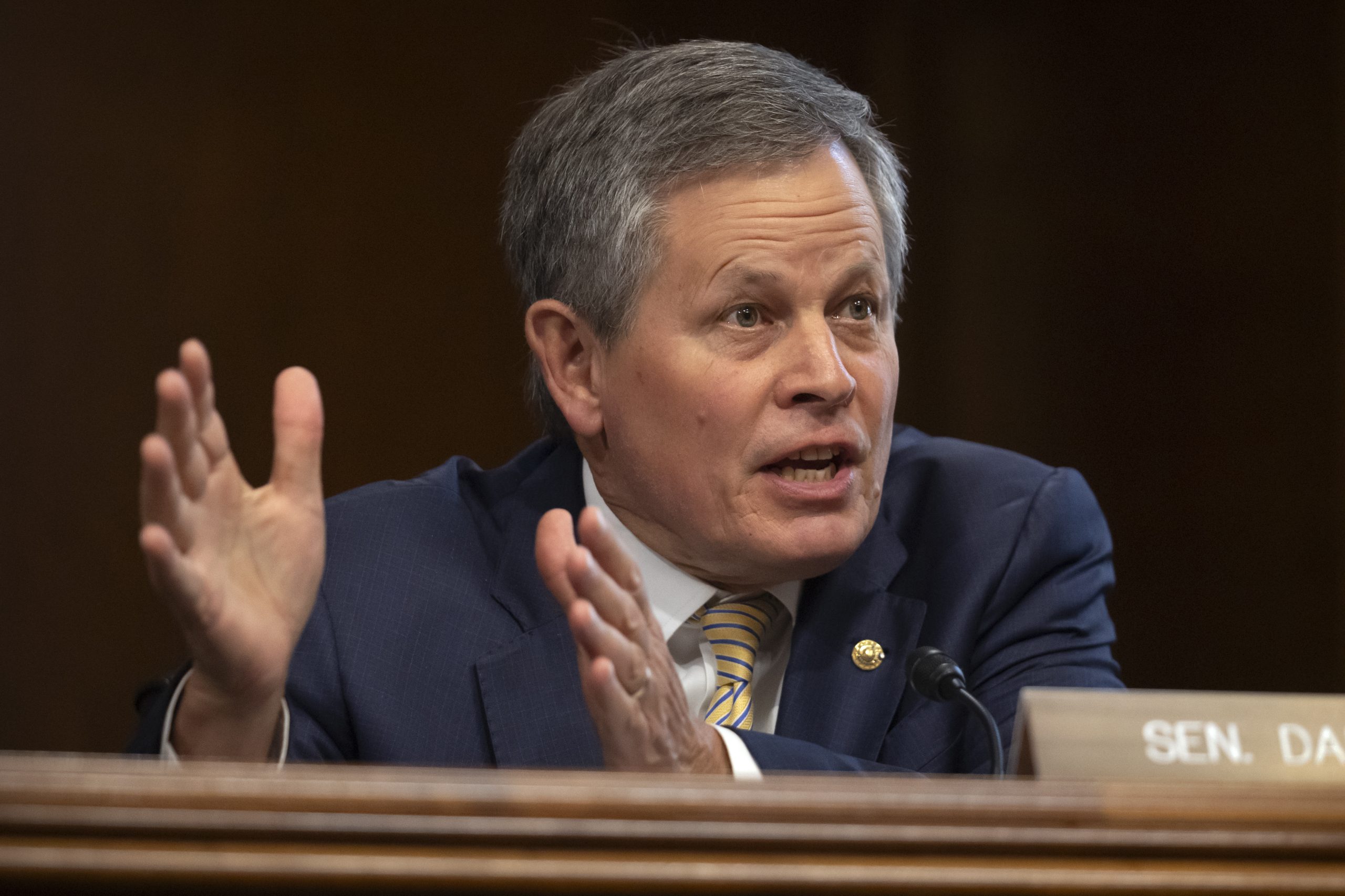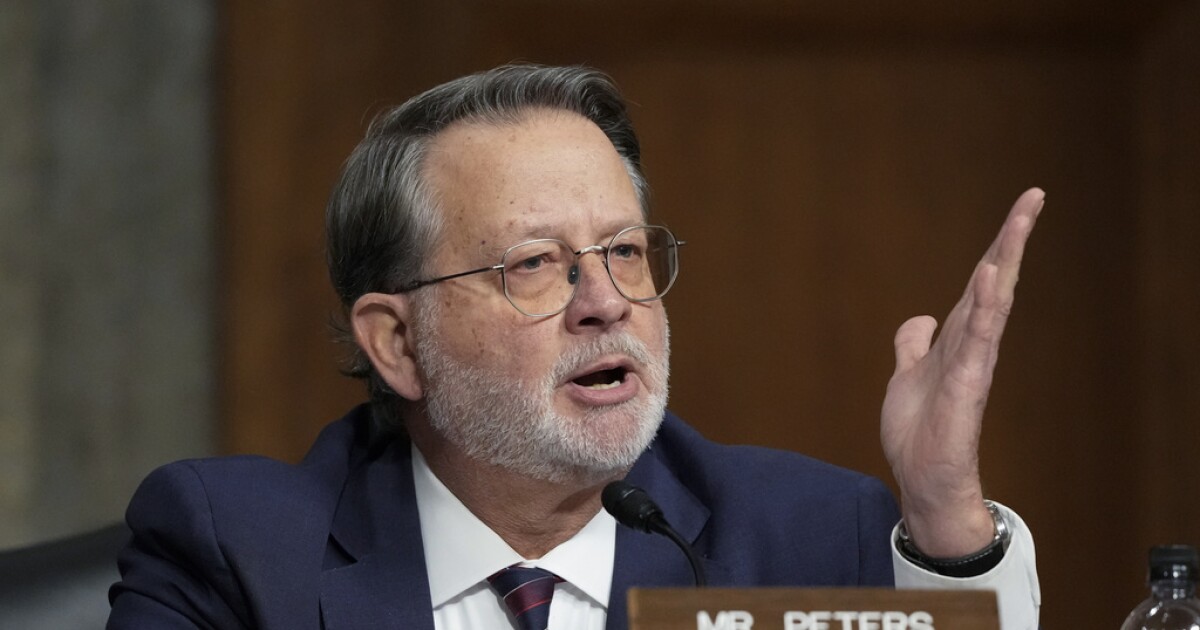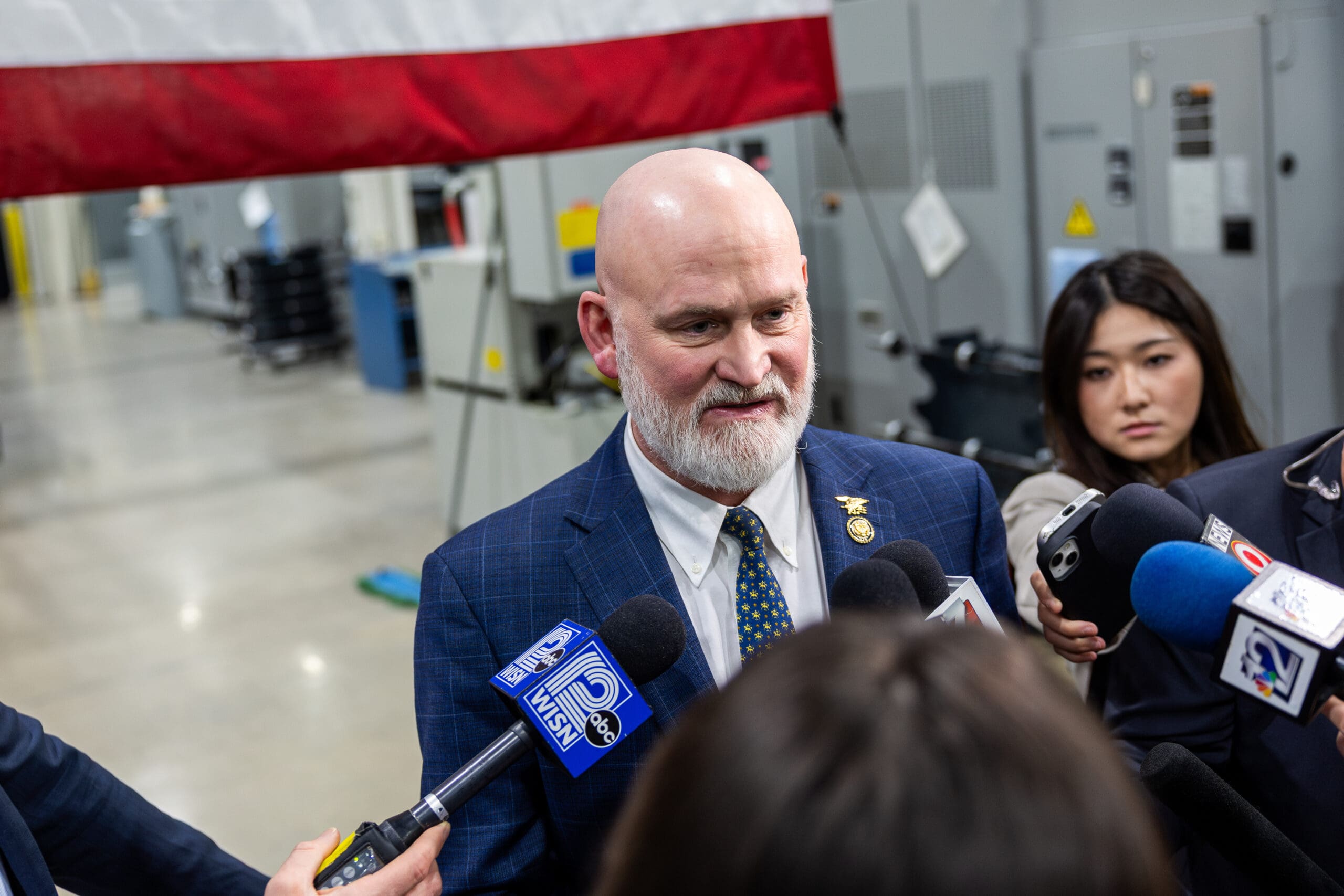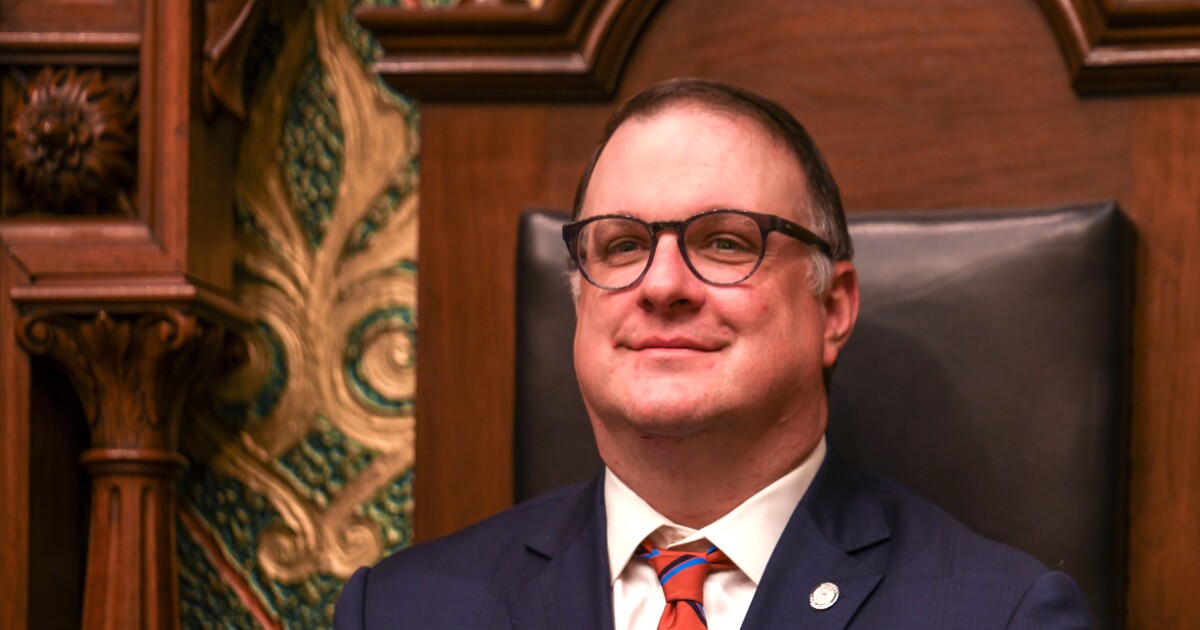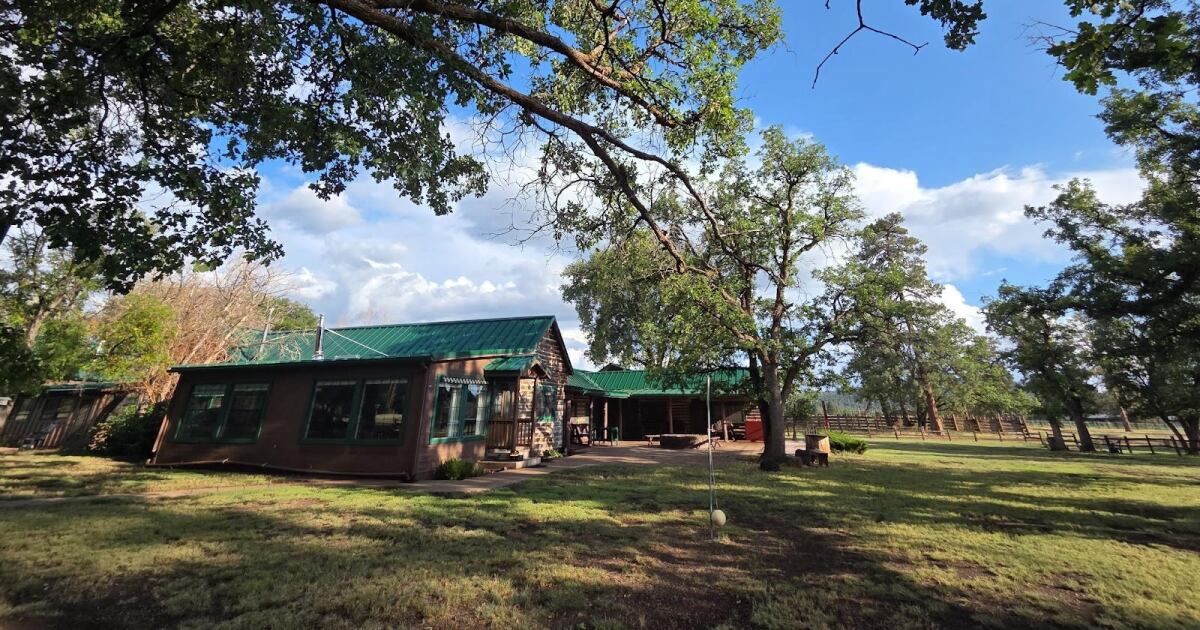Michigan’s Copper Mine Project Faces Funding Cut Amid Environmental Concerns
An ambitious copper mining project in Michigan’s Upper Peninsula has hit a significant roadblock with the withdrawal of $50 million in state funding. The decision has added fuel to the ongoing debate surrounding the project.
Supporters of the mine, including economic developers and some local legislators, believe it could bring economic benefits to the region. However, the project, undertaken by Highland Copper, is drawing sharp criticism from environmental groups and other lawmakers concerned about its potential impact.
The proposed mine is planned to be constructed adjacent to the Porcupine Mountains, Michigan’s largest state park, and would become the nearest such facility to Lake Superior. Highland Copper, through its U.S. subsidiary Copperwood Resources Inc., claims the mine would create 300 construction jobs and adhere to both mining and environmental regulations, generating $425 million in capital.
Yet, detractors like Tom Grotewohl, founder of the Protect the Porkies campaign, argue that the environmental costs outweigh the benefits. Grotewohl cites potential disruptions to outdoor recreation and environmental degradation as key reasons for his opposition.
Indigenous groups have also voiced their concerns. In a letter to Governor Whitmer, Tribal Nation & Indigenous-led Organizations emphasized that the site lies within lands ceded under the 1842 Treaty of La Pointe, where they maintain rights to hunt, fish, and gather. The groups argue that large-scale mining threatens these rights.
The Environmental Protection Agency (EPA) highlights the substantial waste generated by copper mining, noting that it often involves extracting and concentrating radioactive materials. Grotewohl points out that the ore grade for this project is 1.45%, meaning substantial waste per ton of copper extracted.
Findings from a 2012 study highlight the risks associated with copper sulfide mines, with over 90% failing to contain toxic seepage. This raises fears of potential contamination of Lake Superior, a key freshwater resource.
Despite skepticism from environmental advocates, Highland Copper argues that the project has received backing from 22 governmental units, claiming it will reduce dependency on foreign copper markets and address supply shortages.
However, Grotewohl remains unconvinced about the project’s long-term benefits. He notes that the job opportunities would only last for the projected 10.7 years of the project’s lifespan. “No amount of jobs justifies a terrible idea,” he stated. “Storing all that waste next to Lake Superior, 100 feet from Porcupine State park is a terrible idea.”
Research by Harvard Economist James Stock suggests that while mining can initially boost the economy, its benefits diminish over time. Grotewohl supports the funding cut, arguing, “I think it was very wise to cut funding for infrastructure in uninhabited areas, especially in a place where people visit to escape all of that stuff.” He remains committed to the campaign, acknowledging that the project might still proceed through private investments or alternative funding.
—
Read More Michigan News



